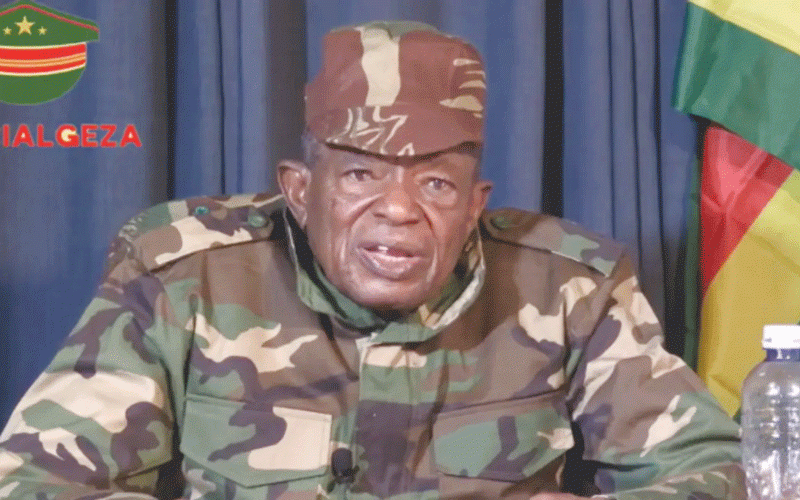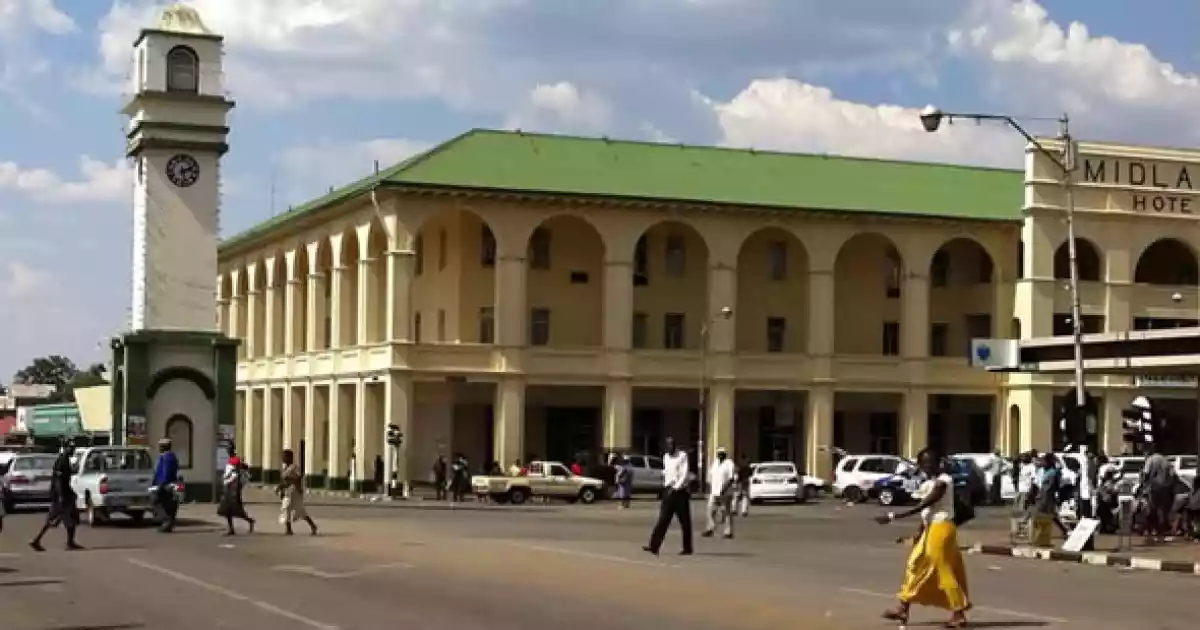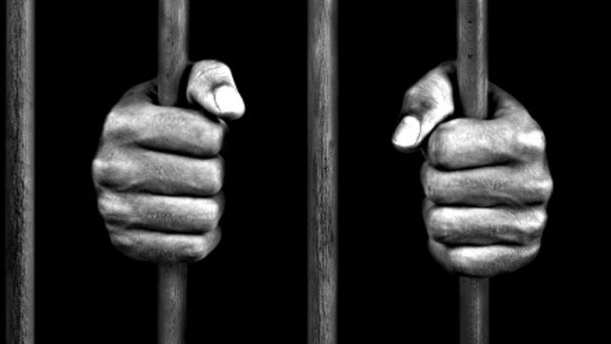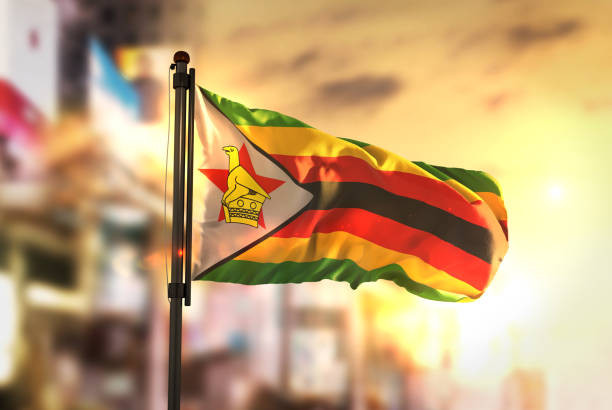Schoolchildren will finally return to class tomorrow after a two-month delay due to an upsurge in Covid-19 cases, but there is nothing to show that the authorities did anything to ensure the learning environment is safe for them.
Initially, the second term was supposed to begin on June 28, but it coincided with the start of the third wave of the Covid-19 outbreak.
The government announced a new school calendar last week, which has been revised to two instead of three terms.
Examination classes will resume face-to-face lessons tomorrow while the rest will follow suit next week.
Schools will remain open until December 17 and re-open for the first term of 2022 on January 11.
While the reopening of schools is a welcome development given the learning time that has been lost since the Covid-19 outbreak started last year, the need to ensure the safety of learners and teachers is not overlooked.
Keep Reading
- Chamisa under fire over US$120K donation
- Mavhunga puts DeMbare into Chibuku quarterfinals
- Pension funds bet on Cabora Bassa oilfields
- Councils defy govt fire tender directive
Last year and during this year’s first term, many schools became Covid-19 hotspots.
The impact of the outbreaks at schools was not very big because the Covid-19 variants that were dominant then were not as virulent as the Delta variant that health experts say was behind the deadly third wave that Zimbabwe is emerging from.
Young children that were deemed to be at less risk in the early years of the outbreak are not being spared by the Delta variant.
This means that schools need to step up measures to prevent the transmission of the virus within their boundaries and ensure that there are no localised outbreaks as was the case during previous terms.
One of the biggest challenges that Zimbabwean schools face is that of overcrowding due to lack of adequate infrastructure, especially at institutions that offer boarding facilities.
The schools need government support to decongest the learning spaces and boarding facilities.
Provision of personal protective equipment is another Covid-19 containment measure that must be taken very seriously to forestall potential outbreaks.
The government has been bungling the issue of public transport since the outbreak of Covid-19 began as it tries to entrench a Zupco monopoly.
This has resulted in a public transport crisis that forces citizens to use private cars where World Health Organisation recommendations to prevent the spread of Covid-19 are not followed.
The situation is bound to get worse with the re-opening of schools, putting children at risk of contracting the virus.
Authorities must address these issues as a matter of urgency to prevent a public health catastrophe.





